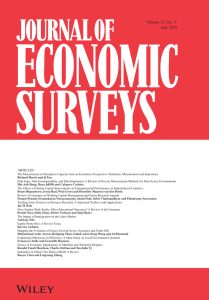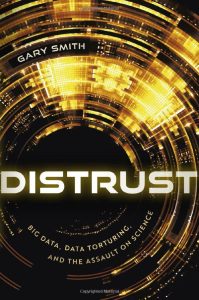An Elsevier journal last week retracted a paper by two senior economists who used questionable methods to replace large chunks of missing observations in their dataset without disclosing the procedure.
The move follows a Retraction Watch story published in February that revealed the paper’s corresponding author, Almas Heshmati of Jönköping University in Sweden, used Excel’s autofill function and other undisclosed operations to populate thousands of empty cells, or well over 10% of the dataset.
In a guest post on our blog, economist Gary Smith argued Heshmati and his coauthor had “no justification” for not describing what they had done. Smith also commented in an article for Mind Matters that “the solution to an absence of data is not to fabricate data.”
Less than three weeks after our report, Elsevier told us it would pull the study, “Green innovations and patents in OECD countries,” which appeared last year in the Journal of Cleaner Production. On May 4, the publisher issued a retraction notice stating:
Continue reading Journal pulls paper by economist who failed to disclose data tinkering







